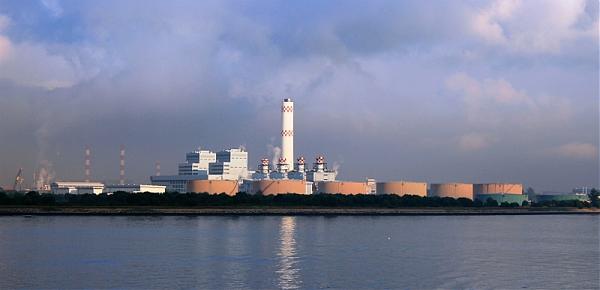Residents of Singapore can hope for cheaper electricity prices as the government is planning to extend liberalised power market to the rest of Singapore in the fourth quarter of this year.
Currently, 9,500 business units and 108,000 households in Jurong have the option to switch to an electricity retailer other than the SP Group, under a pilot launch of the Open Electricity Market (OEM) implemented from April 1 this year.
Chan Chun Singh, Minister for Trade and Industry in Singapore told Parliament that more details will be shared in the coming months. He was giving the information to a parliamentary question filed by Member of Parliament Desmond Choo regarding the government plans to further liberalise the energy market.
“The progressive introduction of competition into the local power market is one of the steps taken by the Energy Market Authority of Singapore (EMA) to improve price competitiveness here,” said Chan.
“EMA has progressively introduced competition into our electricity market since the 1990s, so that companies would strive to be more cost-effective and offer better service in competing for customers,” he added.
Larger businesses have been allowed since 2001 to go shopping for electricity, instead of buying solely from SP Group at the regulated tariff.
Electricity prices in Singapore are generally swayed by movements in the global energy markets as the country depends on imported fuel to meet is energy needs. Natural gas accounts for about 95 per cent of local electricity generation.
In addition to this, Singapore is also giving a major thrust to solar energy production to reduce the country’s reliance on fossil fuels and volatile global fuel prices.
The initiative includes project such as JTC’s SolarRoof, as part of a plan to raise solar adoption in Singapore to 350 megawatt peak (MWp) by 2020 and 1 gigawatt peak (GWp) beyond 2020.



